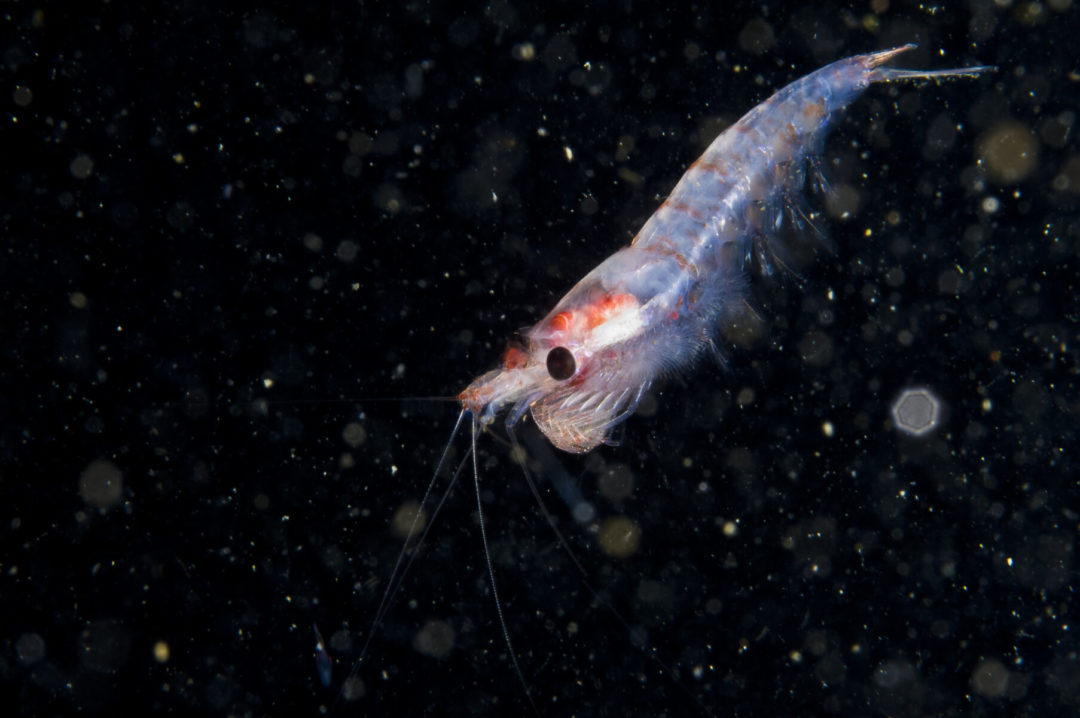Specifically, a press release explains, the research will be focused on EPA and DHA bound to lysophosphatidylcholine (LPC). Aker BioMarine will provide their Lysoveta, a branded LPC-bound EPA/DHA from krill, for the research.
“Alzheimer’s is a disease without a cure, which is why we are actively exploring whether LYSOVETA can help improve cognitive abilities among those who are affected by it,” said Matts Johansen, CEO of Aker, in the press release. “Université de Sherbrooke is a leader in this field of study, and we believe that by working with them and ensuring an ample supply of our krill-based products, we can make significant headway in furthering their research and getting more conclusive answers on how EPA/DHA can more effectively improve brain health.”
Related: Aker BioMarine, University of Illinois Partner on Krill Research Aker BioMarine Launches Circular Company #NaturallyInformed Keynote Educates on Importance of Omega-3s for Cognitive Health
The study will use different formulations of EPA/DHA to investigate if LPC is a superior source of fatty acids in populations that are genetically at risk for Alzheimer’s. The team will evaluate the link between genetic variations in lipid metabolism and transport of EPA/DHA across the blood-brain barrier using mice. One group will receive Lysoveta, while the other will receive triglyceride-bound EPA/DHA from fish oil.“What if, for cognitive decline, we just have missed the target because the supplement/drug formulations were not appropriately designed to target the brain?” said Dr. Mélanie Plourde, Professor, Université de Sherbrooke, in the press release. “Our hypothesis is that by using a new EPA/DHA formulation, such as LYSOVETA, we can direct more DHA into the right areas of the brain to improve cognition. We are excited about this study and eager to start testing LYSOVETA, as we believe we can make significant progress in our knowledge and understanding about the delivery mechanisms for DHA and its potential impact on people with Alzheimer’s.”










